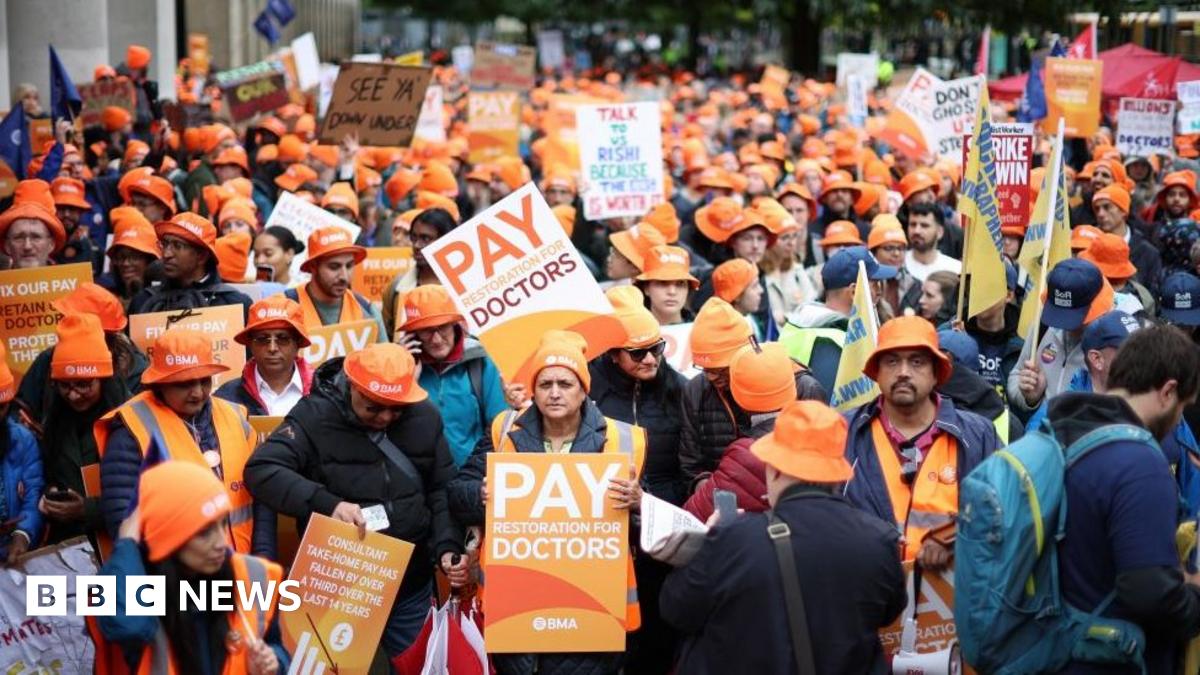metalblue
Well-Known Member
Talks between Health Secretary Wes Streeting and the British Medical Association (BMA) will take place next week in a bid to avert strike action in England's NHS.
- Tories didn’t do this for months and months, allowed some of our best doctors to leave the health sector and we had constant strikes despite them asking for a far more justified payrise than this one.
That’s simply not true. Strikes started in October 2023, both Junior Doctors and Consultants.
Talks in October 2023

Junior and specialist doctors in England to hold strike talks with government
The BMA says it will hold talks with the government to avert strikes by junior and specialist doctors.
Talks in November 2023 settled the Consultant strikes.

NHS strike breakthrough as consultants’ union agrees new pay deal with government
NHS leaders urge union members to vote yes on new pay deal with government

